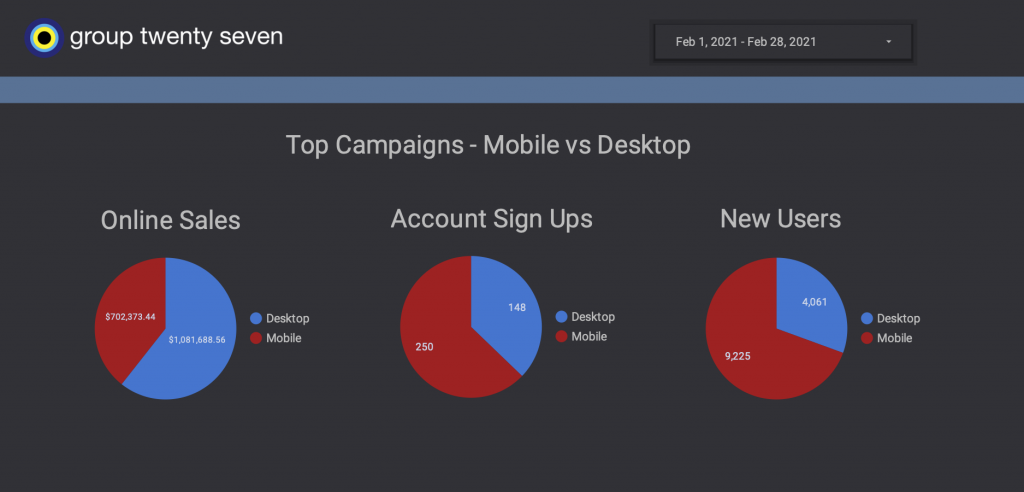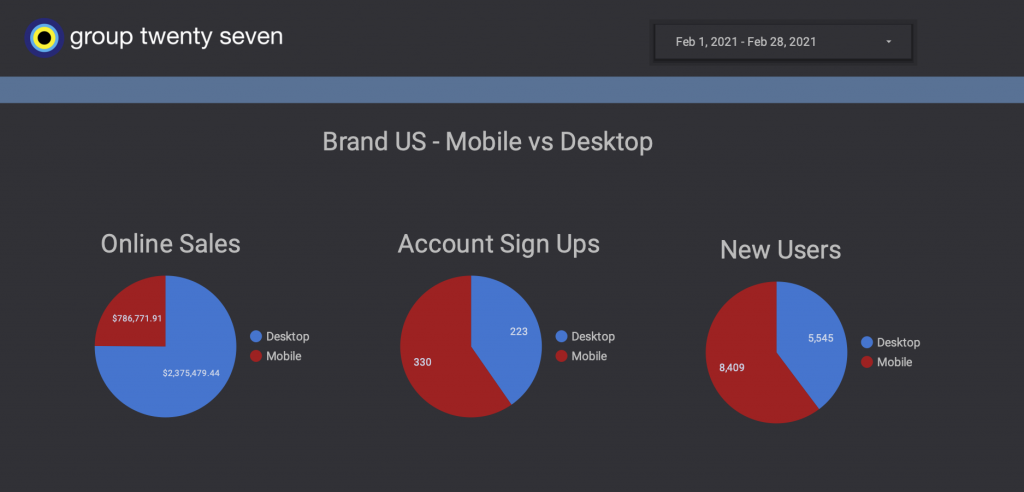A few years ago, “optimizing” your Google Ads program meant something very different from what it means today.
Back then, optimizing could mean little more than pausing underperforming keywords.
No longer.
Today, optimizing your PPC program is less about hyper-focusing on any single campaign element (such as keywords or bid adjustments) and evaluating the program as a whole.
It means looking at individual elements, yes, but also understanding how those elements and surrounding parts work separately and together to deliver on your goals.
Or at least that’s the way it should be.
This also means, by extension, that optimization isn’t a “thing” you do once by following an established set of steps.
It’s way more nuanced than that. It’s something that should continue and evolve over time. And it’s impossible to define the steps you should take because they will differ for every business.
And the steps you take to optimize will also change as the goals of your PPC program change.
In this blog post, I’ll describe how we’re working with one of our clients to optimize their PPC program—and how we’ve adjusted our approach over time.

An Example: Optimizing Mobile Versus Desktop
This particular client sells products on their website.
Normally, in this kind of scenario, we would consider revenue produced from PPC as a key success metric.
And we did for a while, until we dove deeper into the data with our client—and particularly when they saw how mobile and desktop were performing.
To purchase anything on the client’s site, visitors must create an account. Without account sign ups, the client won’t make sales.
So we were tracking sales, account sign ups and new users.
How were desktop and mobile performing in this case?
Here’s what we shared with the client:

As we can see, desktop is outperforming mobile in sales, generating over $1M in sales in February versus about $700K on mobile.
However, mobile is doing better with account signups, getting 250 new signups in February versus 148 on desktop.
Mobile is also bringing in more new users, getting 9,225 new users versus 4,061 new users on desktop. (That’s more than double!)
We see similar trends when we look at sales, signups and new users from branded searches:

Here again, desktop is outperforming mobile in sales from branded searches by a huge amount, garnering over $2M versus mobile’s $780K.
But mobile is still outperforming desktop in account sign ups and new users from branded searches: 330 versus 223 in account sign ups and 8,409 versus 5,545 in new users.
So how would you optimize this account for success?
Well, it comes down to how you define success.
If you take the old-school view of defining success as maximizing sales at all costs, then you might “optimize” by cutting back on mobile and putting that budget into desktop.
After all, desktop is generating more revenue.
BUT, if you take a longer-term view, you might define success differently.
You might define it as maximizing new users and account sign ups—because that’s what will fuel future growth and sales.
And so, you might optimize this account by funneling more budget to mobile, not less.
Not everyone will see optimization this way. And maybe maximizing sales is the more sensible strategy for your business right now.
But when we presented these findings to our client, they saw the logic in shifting budget from desktop to mobile.
They felt that focusing on sales was short sighted (which was music to my ears!).
Of course, in a perfect world, we’d assign plenty of budget to BOTH desktop and mobile. But of course, that’s not always possible.
And, in fact, this client may not choose to sustain this strategy forever. If their budget tightened up suddenly, then yes, they may shift budget mostly to desktop campaigns.
But at least for the moment, this is the strategy we’re going with.
And I have no doubt that it will pay dividends down the road.
In fact, we’re going to take this a step farther and round out our mobile strategy with outstream video ads (which are mobile-only video ads that reach customers on partner sites).
What Does PPC Optimization Mean to Your Business?
Past ideas about optimization don’t always hold water in 2021.
It’s no longer just about negating keywords and examining individual elements in isolation.
Today, optimization requires a much more holistic and nuanced approach.
Because it will depend on your business—and your current and future goals.






